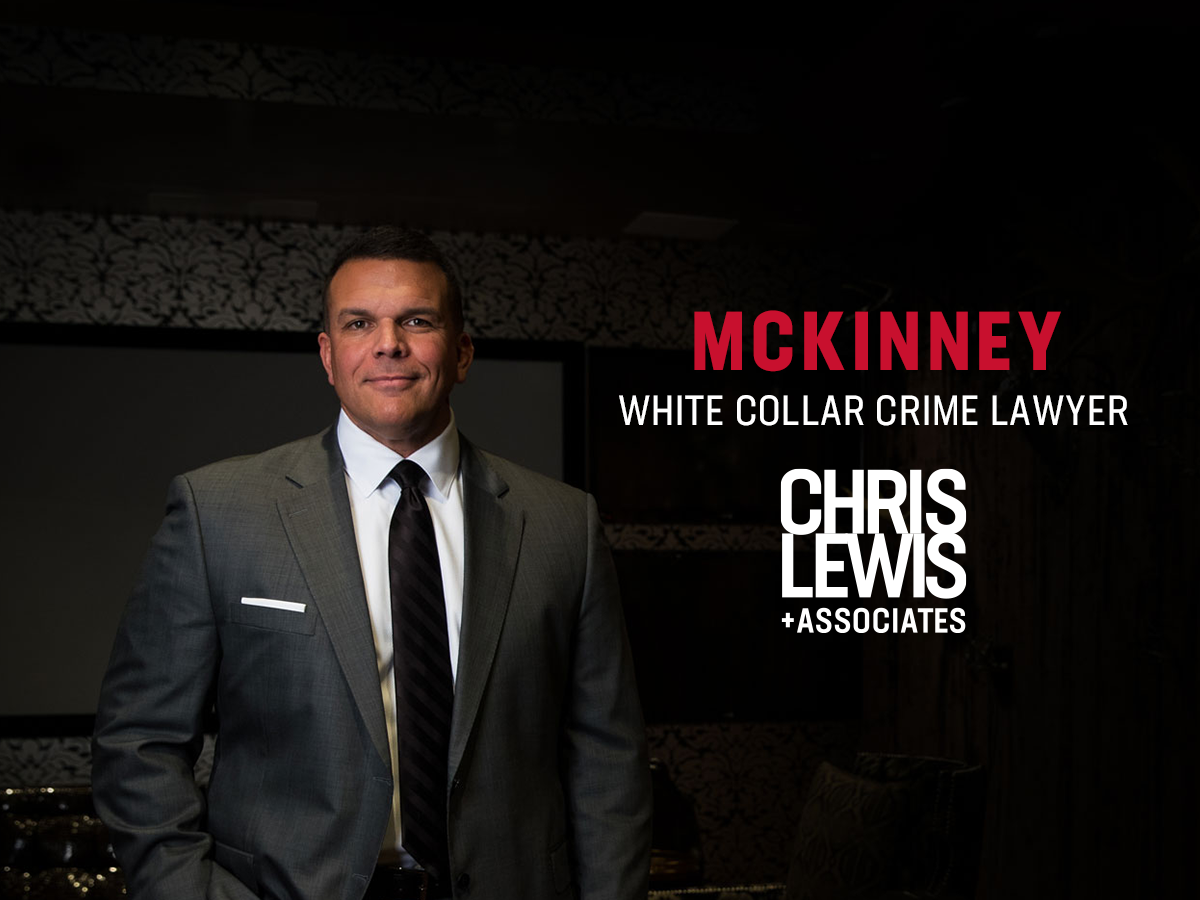
Introduction to White Collar Crime
White collar crime refers to non-violent crimes committed by individuals or organizations in the course of their professional or business activities. These crimes often involve deception, fraud, or breach of trust, and typically result in financial gain or other economic benefits for the perpetrators.
White collar crimes are prevalent in modern society, affecting both individuals and businesses. They can lead to significant financial losses, reputational damage, and erosion of trust in the economic system.
Characteristics of White Collar Crime
- Non-violent: White collar crimes do not typically involve physical violence or harm.
- Sophisticated: Perpetrators often use complex schemes and methods to conceal their activities.
- Financial motivation: The primary goal is usually financial gain or other economic benefits.
- Abuse of trust: White collar crimes often involve a breach of trust or fiduciary duty.
- Regulatory violations: Perpetrators may violate laws and regulations governing business practices or financial transactions.
Types of White Collar Crime
White-collar crimes are non-violent crimes that involve fraud, deception, or other illegal activities committed for financial gain. These crimes can range from relatively minor offenses to complex schemes that can result in significant financial losses and other consequences.
Common types of white-collar crimes include:
Embezzlement
Embezzlement is the fraudulent conversion of property or money by a person who has been entrusted with it. This can include stealing money from a company, embezzling funds from a charity, or misappropriating funds from a trust.
Money Laundering
Money laundering is the process of disguising the origin of illegally obtained money. This can involve transferring money through multiple accounts, using shell companies, or investing in legitimate businesses to conceal the source of the funds.
Insider Trading
Insider trading is the illegal use of non-public information to trade in securities. This can involve trading on information about a company’s financial performance, mergers and acquisitions, or other material events that are not yet publicly known.
Securities Fraud
Securities fraud involves the sale of securities through false or misleading information. This can include making false statements about a company’s financial condition, misleading investors about the risks of an investment, or engaging in other fraudulent activities to induce investors to purchase securities.
Bank Fraud
Bank fraud involves the use of fraudulent means to obtain money or property from a bank. This can include forging checks, making false loan applications, or engaging in other illegal activities to defraud a bank.
Tax Fraud
Tax fraud involves the intentional misrepresentation of income or expenses to avoid paying taxes. This can include underreporting income, claiming false deductions, or engaging in other illegal activities to reduce tax liability.
Insurance Fraud
Insurance fraud involves the submission of false or misleading information to an insurance company to obtain a payout. This can include exaggerating claims, filing fraudulent claims, or engaging in other illegal activities to defraud an insurance company.
White Collar Crime Lawyers
White-collar crime lawyers are legal professionals who specialize in defending individuals and corporations accused of non-violent financial crimes. These crimes often involve complex financial transactions and require a deep understanding of the law and accounting principles.
Role and Responsibilities
White-collar crime lawyers play a crucial role in the criminal justice system. They provide legal representation to clients accused of various offenses, including fraud, embezzlement, money laundering, and insider trading. Their responsibilities include:
- Advising clients on their legal rights and options
- Negotiating with prosecutors to minimize charges and penalties
- Representing clients in court at trial and during sentencing
- Conducting investigations and gathering evidence to support their clients’ defenses
- Advising clients on compliance with laws and regulations to prevent future criminal activity
Specialized Knowledge and Skills
White-collar crime lawyers require specialized knowledge and skills to effectively represent their clients. They must have a deep understanding of the following:
- Criminal law and procedure
- Financial accounting principles
- Tax law
- Securities regulations
- Forensic accounting
- Strong analytical and investigative skills
- Excellent communication and negotiation abilities
Career Path and Job Market
The career path for white-collar crime lawyers typically involves obtaining a law degree and passing the bar exam. Many lawyers in this field also pursue advanced degrees in business or accounting. Entry-level positions may include working as an associate at a law firm or as an assistant district attorney in a white-collar crime unit. With experience, lawyers can advance to become partners in law firms, prosecutors, or judges.
The job market for white-collar crime lawyers is competitive, but there is a growing demand for skilled professionals in this area. As financial crimes become increasingly complex, the need for lawyers with specialized knowledge in this field will continue to increase.
Defenses in White Collar Crime Cases
Defending against white-collar crime allegations presents unique challenges. Here are some common defenses and their complexities:
Lack of Intent
Prosecutors must prove that the defendant acted with criminal intent, such as knowledge of wrongdoing or reckless disregard for the law. Defenses can argue lack of intent, citing factors like misunderstandings, mistakes, or reliance on advice from professionals.
Entrapment
If law enforcement induces a defendant to commit a crime they would not have otherwise committed, entrapment may be a valid defense. This requires proving that the defendant was not predisposed to the crime and that the law enforcement conduct was improper.
Insufficient Evidence
The prosecution must present sufficient evidence to prove guilt beyond a reasonable doubt. Defense attorneys can challenge the reliability or credibility of evidence, such as witness testimony or documents.
Statute of Limitations
Certain white-collar crimes have specific statutes of limitations, which set a time limit for bringing charges. If the prosecution fails to file charges within this time frame, the case may be dismissed.
Self-Defense
In rare cases, self-defense may be a viable defense in white-collar crime cases. This could apply if the defendant reasonably believed that their actions were necessary to protect themselves or others from imminent harm.
Sentencing and Punishment for White Collar Crimes

Sentencing for white collar crimes is a complex process that takes into account a variety of factors, including the nature of the offense, the defendant’s criminal history, and the amount of loss caused by the crime. The United States Sentencing Guidelines provide a framework for sentencing white collar criminals, but judges have some discretion in determining the appropriate sentence.
The range of punishments available for white collar crimes is broad and can include fines, imprisonment, and restitution. Fines can be substantial, and imprisonment can range from probation to decades in prison. Restitution is often ordered to compensate victims for their losses.
The typical outcome in white collar crime cases varies depending on the severity of the offense. For example, a first-time offender who commits a minor offense may receive probation or a short prison sentence. A repeat offender who commits a major offense may receive a long prison sentence.
Ethical Considerations in White Collar Crime Law

Ethical considerations play a crucial role in white collar crime law, as lawyers navigate the complexities of representing individuals accused of non-violent financial crimes. White collar crime lawyers face unique ethical challenges that require careful attention to client confidentiality, avoidance of conflicts of interest, and adherence to the highest ethical standards.
Maintaining client confidentiality is paramount. Lawyers must safeguard sensitive information disclosed by their clients, ensuring that it is not used against them in any way. This includes protecting client communications, documents, and any other confidential information.
Avoiding Conflicts of Interest
Conflicts of interest can arise when a lawyer has a duty to represent multiple clients with potentially conflicting interests. In white collar crime cases, conflicts can occur when the lawyer represents both the corporation and individual employees, or when the lawyer has previously represented the government agency prosecuting the case.
To avoid conflicts of interest, lawyers must carefully screen potential clients and assess any potential conflicts before accepting representation. They must also be transparent with clients about any potential conflicts and obtain informed consent before proceeding.
Ethical Decision-Making
Ethical decision-making in white collar crime law requires lawyers to balance their duty to their clients with their obligation to uphold the law and protect the public interest. Lawyers must carefully consider the potential consequences of their actions and make decisions that are consistent with the highest ethical standards.
Ethical decision-making in this field often involves navigating gray areas and making difficult choices. Lawyers must be guided by the principles of confidentiality, conflict avoidance, and the pursuit of justice to ensure that they act in the best interests of their clients while upholding the integrity of the legal system.
Emerging Trends in White Collar Crime

The landscape of white collar crime is constantly evolving, driven by advancements in technology, globalization, and regulatory changes. These emerging trends present unique challenges and opportunities for white collar crime lawyers.
Impact of Technology
Technological advancements have significantly altered the nature and scale of white collar crimes. Cybercrimes, such as hacking, identity theft, and financial fraud, have become increasingly prevalent. The proliferation of social media and online marketplaces has also created new avenues for fraud and deception.
Globalization
Globalization has facilitated the movement of goods, services, and capital across borders, making it easier for white collar criminals to operate internationally. Multinational corporations face complex compliance challenges, increasing the risk of bribery, corruption, and money laundering.
Regulatory Changes
Regulatory changes, such as the Dodd-Frank Wall Street Reform and Consumer Protection Act, have imposed stricter penalties for white collar crimes. These changes have also increased the burden of compliance for businesses, leading to potential exposure to civil and criminal liability.
Potential Future Challenges
Emerging trends in white collar crime pose significant challenges for lawyers in this field. These include:
* Keeping up with rapidly evolving technology and its impact on crime
* Navigating complex international regulations and jurisdictions
* Defending clients against sophisticated prosecution strategies
* Protecting clients from reputational damage and financial ruin
White collar crime lawyers must stay abreast of these trends and adapt their strategies accordingly to effectively represent their clients in an increasingly complex legal environment.





